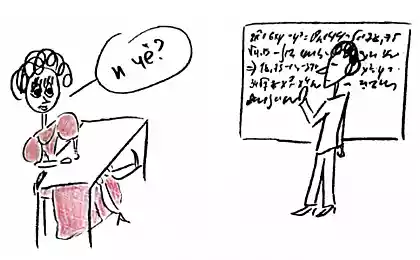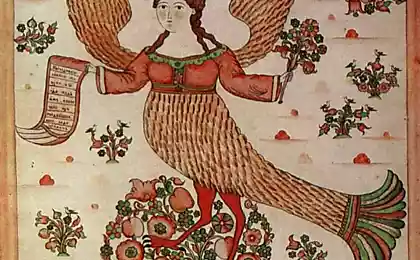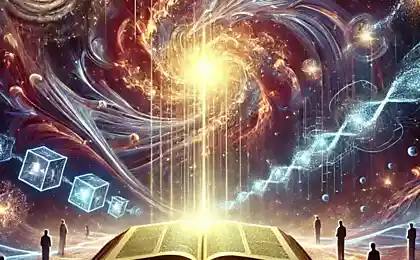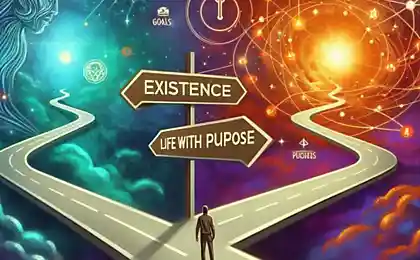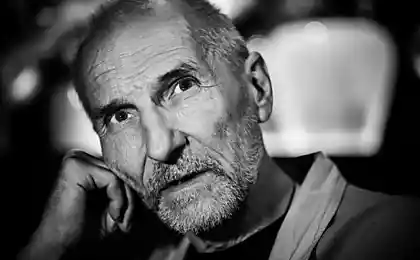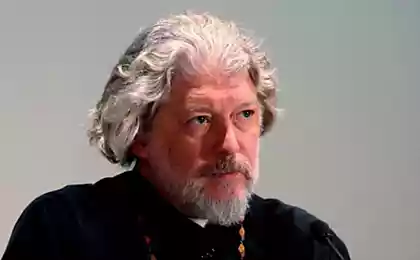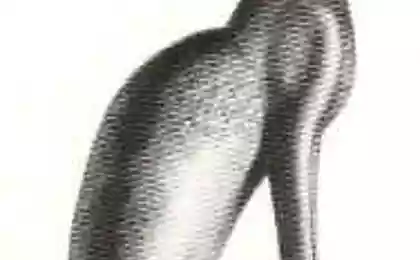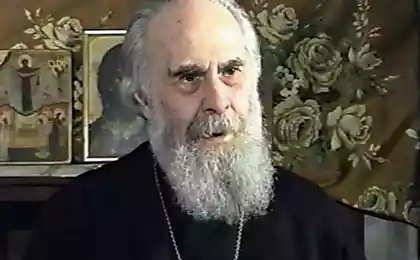730
5 scientists trying to prove scientifically the existence of God
1. Euler's formula to prove the existence of God
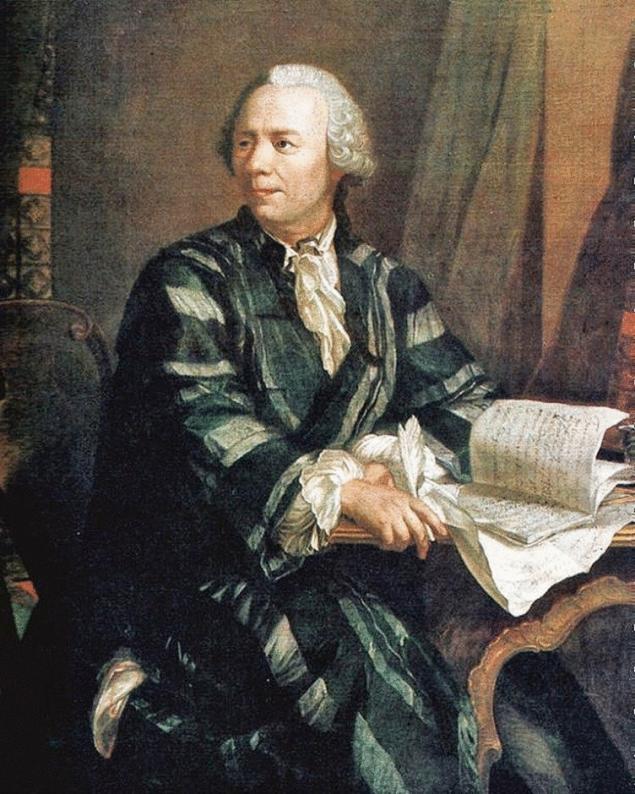
Leonhard Euler
Leonhard Euler (15 April 1707, the year — on 18 September 1783, the year) was a Swiss mathematician and physicist, one of the first made the most important discoveries in areas such as the analysis of the infinitely small and the graph theory. Euler also created most of the modern mathematical terminology and notation, particularly for mathematical analysis, for example, the concept of a mathematical function. He is known for his work in mechanics, fluid dynamics, optics and astronomy. Most of his adult life he spent in Saint Petersburg, Russia and Berlin, Prussia.
Religious beliefs of Euler can be judged according to his letter to a German Princess and an earlier work "the Protection of the divine revelation against the objections of dissent." These documents show that Euler was a devout Christian who believes that the Bible has a beneficial effect on people.
According to popular legend, Euler found the arguments in favor of God's existence, when I discussed this topic with the secular philosophers. At that time he lived in St. Petersburg, and then in Russia, was visiting at the invitation of Catherine the great French philosopher Denis Diderot. The Empress was alarmed by the French arguments in favor of atheism — they could have a negative impact on her yard, so she asked Euler to join with Diderot in the dispute.
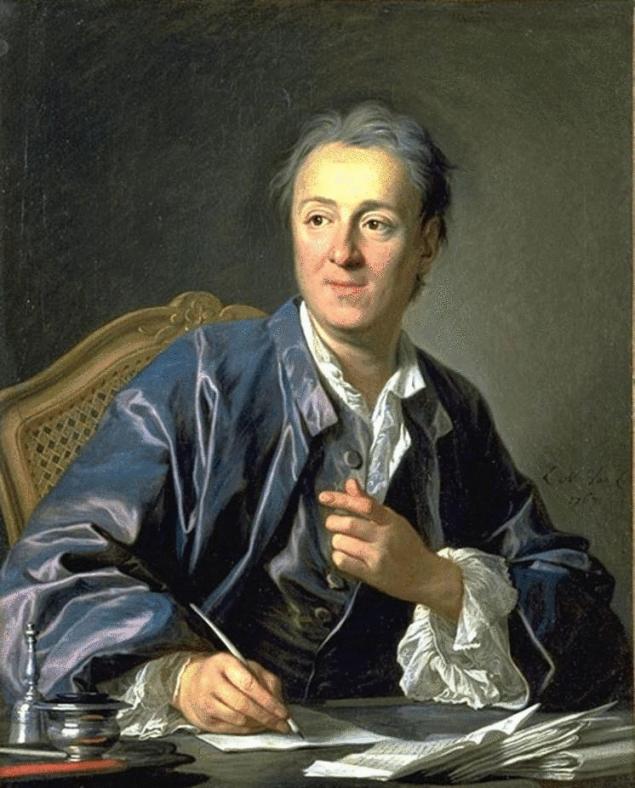
Denis Diderot
Diderot found out that the famous mathematician found evidence for the existence of God, and agreed to see them. Euler at the meeting, approached Diderot closely and said: "Sir, \frac{a+b^n}{n}=x, hence God exists!". The argument seemed to Diderot that nothing in mathematics is not understood, nonsense, so he stood there with his mouth open, while the witnesses of this scene already secretly giggled. Embarrassed, he turned to the Empress with a request to leave Russia, and she allowed him to leave.
2. A mathematician developed the theorem of God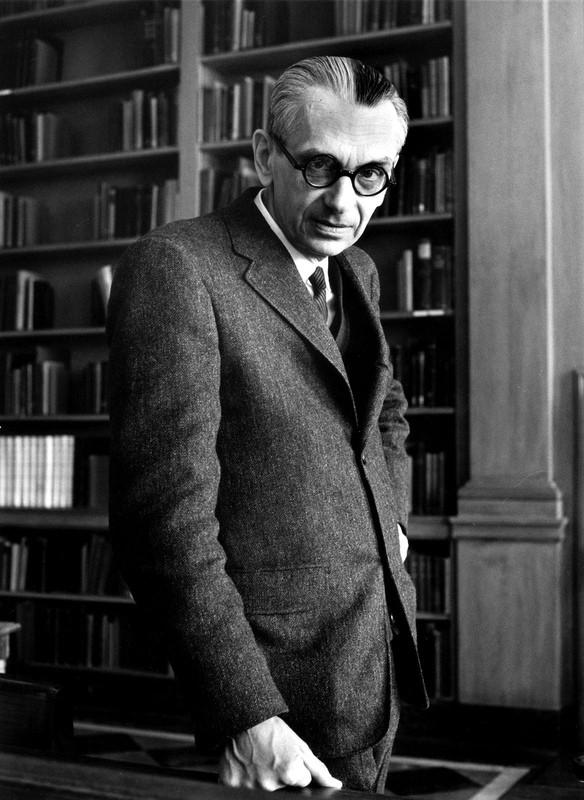
Kurt Friedrich Gödel
Kurt Friedrich gödel was an Austrian, then American logician, mathematician and philosopher. He, along with Aristotle and Frege, is one of the most significant logicians in human history. Gödel made an immense contribution to the development of scientific and philosophical thinking in the twentieth century.
In 1931, the year when he was 25 years old, gödel published two incompleteness theorem. A year earlier he received his doctorate at the University of Vienna. For the proof of the first theorem, gödel developed a technique now known as gödel numbering, which converts the formal expressions in natural numbers.
Gödel also proved that neither the axiom of choice nor the continuum hypothesis cannot be refuted by accepted axioms of set theory since these axioms are consistent. Due to this, mathematics had the opportunity to explore the axiom of choice in its proof. He also made important contributions to proof theory by clarifying the connections between classical logic, intuitionistic logic and modal logic.
After gödel's death in 1978, the year remained a theory based on principles of modal logic — type of formal logic in the narrow sense involving the use of the expressions "necessarily" and "possibly". The theorem says that God, or Supreme being, is the fact that we are not able to understand. But God exists in the understanding. If God exists in understanding, we can assume that it exists in reality. Thus, God must exist.
3. A scientist who sees no conflict between science and religion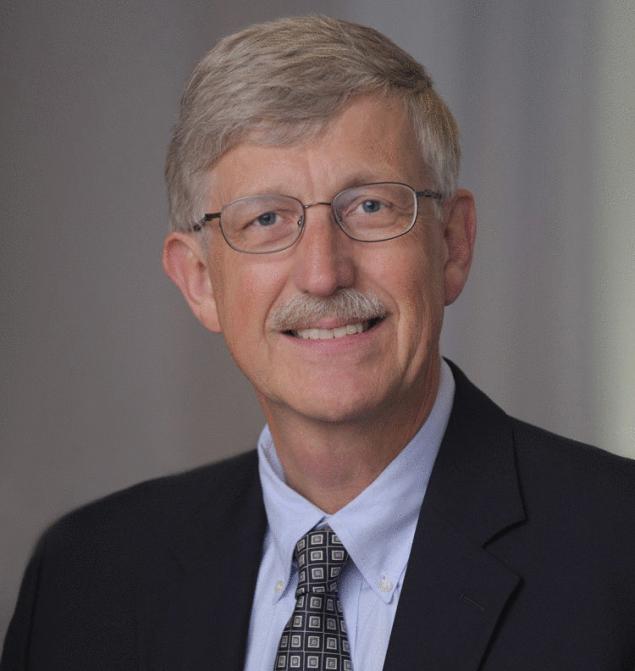
Francis S. Collins
During an interview on CNN in April 2007, the year in Rockville, Maryland, Francis S. Collins, Director of the Human Genome project, which again stated that the information embedded in DNA proves the existence of God.
As a believer, Dr. Collins sees DNA — the molecule that is present in all living beings, which comprehends all the information on the form — as the language of God, and the elegance and complexity of the organs and the rest of nature as a reflection of God's plan.
However, Collins is not always thought. In 1970, the year when he passed postgraduate studies at the faculty of theoretical chemistry, he was an atheist and did not find grounds to posit the existence of any truths outside of mathematics, physics and chemistry. He then enrolled in medical school and faced with the problem of life and death for patients. One of the patients asked him: "what do you believe, doctor?", and Collins began to look for answers.
Collins admitted that the science that he loves, is powerless to answer the following questions: "what is the meaning of life?" "Why am I here?" "Why does mathematics work so and not otherwise?", "If the Universe had a beginning, then who is getting laid?", "Why are the physical constants of the Universe are tuned so finely that allowed for the emergence of complex life forms?", "Where people have morals?" and "What happens after death?".
Dr. Collins has always believed that faith is based on purely emotional and irrational arguments. So he was amazed when found in early writings of the Oxford scholar C. S. Lewis and subsequently in many other sources a very strong case in favor of the plausibility of God's existence, formed on purely rational grounds.
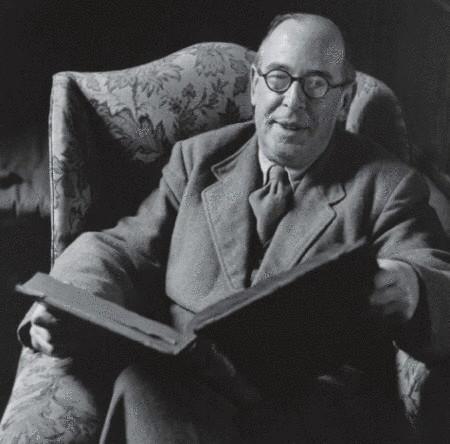
C. S. Lewis
In fact, Dr. Collins says he sees no conflict between science and religion. Yes, he agreed that the descent from a common ancestor through evolution obviously. But he also argues that the study of DNA provides strong evidence of our connectedness with all other living beings.
According to Dr. Collins, he discovered that the truths of science and faith lies a wonderful harmony. The biblical God is also the God of the genome. God can be found both in the Cathedral and in the laboratory. Exploring the majestic and scary God's creation science really can be worship.
4. Two programmers supposedly proved that God exists Christophe Benzmuller
In October 2013, the year two scientists, Christoph Benzmuller from the Free University of Berlin and his colleague Bruno Folzenlogen Paleo of the Technical University in Vienna, allegedly proved a theorem about the existence of God, created by the Austrian mathematician Kurt gödel — we mentioned about this man and his theorem in the second paragraph of our list.
Using for the calculations a normal computer "MacBook", they have shown that gödel's proof is correct, at least on a mathematical level, from the point of view of high modal logic.
Bruno Folzenlogen Paleo
In his report, "Formalization, mechanization and automation: the proof of God's existence formulated by gödel" they said that "the ontological proof gödel was analyzed on the first day of the study with extraordinary levels of detail by using theorems of higher order".
Anyway, the proof causes skepticism. Although the researchers claim to have proved Godel's theorem, their work confirms the existence of God, and what achievements you can do in science, using cutting-edge technologies — so well-known mathematics.
Benzmuller, and Paleo believe that their work can benefit areas such as artificial intelligence and verification of software and hardware. Ultimately, the formalization of the ontological proof of gödel is unlikely to convince the atheist or change something in the hearts of true believers, who might argue that the idea of a higher power defies logic by definition. But for mathematicians looking for ways to reach a new level, this news may be the answer to their prayers.
5. The neurologist says that the clinical death really exists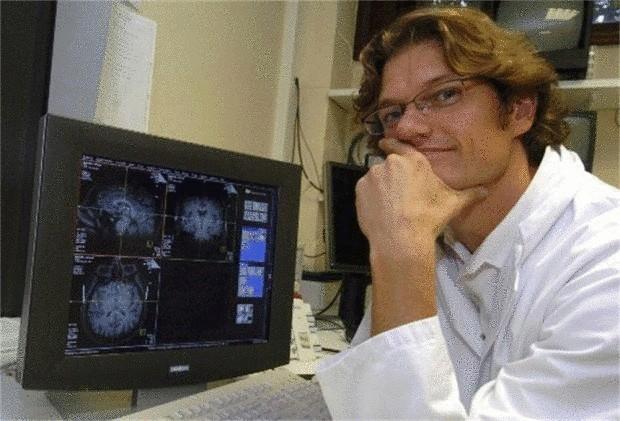
Stephen Lorius
Although no really conclusive evidence in both parts of our article did not appear, we cannot write here about clinical death.
A scientific study showed that clinical death with all his manifestations, such as bright light, traveling through a tunnel or feeling out of their body, is an experience more vivid and memorable than any other.
According to Belgian neurologist Steven Larisa, head of Group coma research at the University hospital in Liege, Belgium, he was for many years talked with many patients who emerged from coma. They told him about his "travels" and another near-death experience.
The team, composed of scientists from the research Group of comatose and staff of the University cognitive psychology, developed the questionnaires to clarify the sensory and emotional details in memories of the subjects. They then compared the clinical death with other memories of real events, accompanied by strong emotions and memories of pleasant dreams and thoughts. However, scientists were surprised to find that clinical death was much brighter than any imagined or real event, including the birth of a child and the wedding.
APR 10, 2013, the year Dr. Lorius in an interview with CNN, said that patients in intensive care are often afraid to tell their stories about clinical death, as they fear that people will not take them seriously, but those who have gone through similar experiences, are often changed forever and no longer afraid of death.
They all believe that their vivid experience was real. Dr. Lorius believes that the experience originates in human physiology. In addition, it was found that the man simply think (possibly incorrectly) that he was dying, and, most likely, the memory of the nde appear.
Many people who have been near-death experiences physically were not in mortal danger, and this indirectly proves that the perception of risk of death in itself seems important from the point of view of obtaining near-death experience.
Lorius does not want to speculate about the existence of Heaven or Hell, but according to him, only a small minority of clinical deaths are appalling. In most cases, they remain with a pleasant memory — perhaps far more people flying to Heaven than to Hell.
источник:publy.ru
Source: /users/1077

Leonhard Euler
Leonhard Euler (15 April 1707, the year — on 18 September 1783, the year) was a Swiss mathematician and physicist, one of the first made the most important discoveries in areas such as the analysis of the infinitely small and the graph theory. Euler also created most of the modern mathematical terminology and notation, particularly for mathematical analysis, for example, the concept of a mathematical function. He is known for his work in mechanics, fluid dynamics, optics and astronomy. Most of his adult life he spent in Saint Petersburg, Russia and Berlin, Prussia.
Religious beliefs of Euler can be judged according to his letter to a German Princess and an earlier work "the Protection of the divine revelation against the objections of dissent." These documents show that Euler was a devout Christian who believes that the Bible has a beneficial effect on people.
According to popular legend, Euler found the arguments in favor of God's existence, when I discussed this topic with the secular philosophers. At that time he lived in St. Petersburg, and then in Russia, was visiting at the invitation of Catherine the great French philosopher Denis Diderot. The Empress was alarmed by the French arguments in favor of atheism — they could have a negative impact on her yard, so she asked Euler to join with Diderot in the dispute.

Denis Diderot
Diderot found out that the famous mathematician found evidence for the existence of God, and agreed to see them. Euler at the meeting, approached Diderot closely and said: "Sir, \frac{a+b^n}{n}=x, hence God exists!". The argument seemed to Diderot that nothing in mathematics is not understood, nonsense, so he stood there with his mouth open, while the witnesses of this scene already secretly giggled. Embarrassed, he turned to the Empress with a request to leave Russia, and she allowed him to leave.
2. A mathematician developed the theorem of God

Kurt Friedrich Gödel
Kurt Friedrich gödel was an Austrian, then American logician, mathematician and philosopher. He, along with Aristotle and Frege, is one of the most significant logicians in human history. Gödel made an immense contribution to the development of scientific and philosophical thinking in the twentieth century.
In 1931, the year when he was 25 years old, gödel published two incompleteness theorem. A year earlier he received his doctorate at the University of Vienna. For the proof of the first theorem, gödel developed a technique now known as gödel numbering, which converts the formal expressions in natural numbers.
Gödel also proved that neither the axiom of choice nor the continuum hypothesis cannot be refuted by accepted axioms of set theory since these axioms are consistent. Due to this, mathematics had the opportunity to explore the axiom of choice in its proof. He also made important contributions to proof theory by clarifying the connections between classical logic, intuitionistic logic and modal logic.
After gödel's death in 1978, the year remained a theory based on principles of modal logic — type of formal logic in the narrow sense involving the use of the expressions "necessarily" and "possibly". The theorem says that God, or Supreme being, is the fact that we are not able to understand. But God exists in the understanding. If God exists in understanding, we can assume that it exists in reality. Thus, God must exist.
3. A scientist who sees no conflict between science and religion

Francis S. Collins
During an interview on CNN in April 2007, the year in Rockville, Maryland, Francis S. Collins, Director of the Human Genome project, which again stated that the information embedded in DNA proves the existence of God.
As a believer, Dr. Collins sees DNA — the molecule that is present in all living beings, which comprehends all the information on the form — as the language of God, and the elegance and complexity of the organs and the rest of nature as a reflection of God's plan.
However, Collins is not always thought. In 1970, the year when he passed postgraduate studies at the faculty of theoretical chemistry, he was an atheist and did not find grounds to posit the existence of any truths outside of mathematics, physics and chemistry. He then enrolled in medical school and faced with the problem of life and death for patients. One of the patients asked him: "what do you believe, doctor?", and Collins began to look for answers.
Collins admitted that the science that he loves, is powerless to answer the following questions: "what is the meaning of life?" "Why am I here?" "Why does mathematics work so and not otherwise?", "If the Universe had a beginning, then who is getting laid?", "Why are the physical constants of the Universe are tuned so finely that allowed for the emergence of complex life forms?", "Where people have morals?" and "What happens after death?".
Dr. Collins has always believed that faith is based on purely emotional and irrational arguments. So he was amazed when found in early writings of the Oxford scholar C. S. Lewis and subsequently in many other sources a very strong case in favor of the plausibility of God's existence, formed on purely rational grounds.

C. S. Lewis
In fact, Dr. Collins says he sees no conflict between science and religion. Yes, he agreed that the descent from a common ancestor through evolution obviously. But he also argues that the study of DNA provides strong evidence of our connectedness with all other living beings.
According to Dr. Collins, he discovered that the truths of science and faith lies a wonderful harmony. The biblical God is also the God of the genome. God can be found both in the Cathedral and in the laboratory. Exploring the majestic and scary God's creation science really can be worship.
4. Two programmers supposedly proved that God exists Christophe Benzmuller
In October 2013, the year two scientists, Christoph Benzmuller from the Free University of Berlin and his colleague Bruno Folzenlogen Paleo of the Technical University in Vienna, allegedly proved a theorem about the existence of God, created by the Austrian mathematician Kurt gödel — we mentioned about this man and his theorem in the second paragraph of our list.
Using for the calculations a normal computer "MacBook", they have shown that gödel's proof is correct, at least on a mathematical level, from the point of view of high modal logic.
Bruno Folzenlogen Paleo
In his report, "Formalization, mechanization and automation: the proof of God's existence formulated by gödel" they said that "the ontological proof gödel was analyzed on the first day of the study with extraordinary levels of detail by using theorems of higher order".
Anyway, the proof causes skepticism. Although the researchers claim to have proved Godel's theorem, their work confirms the existence of God, and what achievements you can do in science, using cutting-edge technologies — so well-known mathematics.
Benzmuller, and Paleo believe that their work can benefit areas such as artificial intelligence and verification of software and hardware. Ultimately, the formalization of the ontological proof of gödel is unlikely to convince the atheist or change something in the hearts of true believers, who might argue that the idea of a higher power defies logic by definition. But for mathematicians looking for ways to reach a new level, this news may be the answer to their prayers.
5. The neurologist says that the clinical death really exists

Stephen Lorius
Although no really conclusive evidence in both parts of our article did not appear, we cannot write here about clinical death.
A scientific study showed that clinical death with all his manifestations, such as bright light, traveling through a tunnel or feeling out of their body, is an experience more vivid and memorable than any other.
According to Belgian neurologist Steven Larisa, head of Group coma research at the University hospital in Liege, Belgium, he was for many years talked with many patients who emerged from coma. They told him about his "travels" and another near-death experience.
The team, composed of scientists from the research Group of comatose and staff of the University cognitive psychology, developed the questionnaires to clarify the sensory and emotional details in memories of the subjects. They then compared the clinical death with other memories of real events, accompanied by strong emotions and memories of pleasant dreams and thoughts. However, scientists were surprised to find that clinical death was much brighter than any imagined or real event, including the birth of a child and the wedding.
APR 10, 2013, the year Dr. Lorius in an interview with CNN, said that patients in intensive care are often afraid to tell their stories about clinical death, as they fear that people will not take them seriously, but those who have gone through similar experiences, are often changed forever and no longer afraid of death.
They all believe that their vivid experience was real. Dr. Lorius believes that the experience originates in human physiology. In addition, it was found that the man simply think (possibly incorrectly) that he was dying, and, most likely, the memory of the nde appear.
Many people who have been near-death experiences physically were not in mortal danger, and this indirectly proves that the perception of risk of death in itself seems important from the point of view of obtaining near-death experience.
Lorius does not want to speculate about the existence of Heaven or Hell, but according to him, only a small minority of clinical deaths are appalling. In most cases, they remain with a pleasant memory — perhaps far more people flying to Heaven than to Hell.
источник:publy.ru
Source: /users/1077
